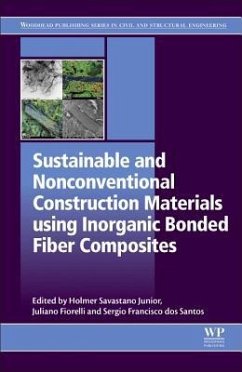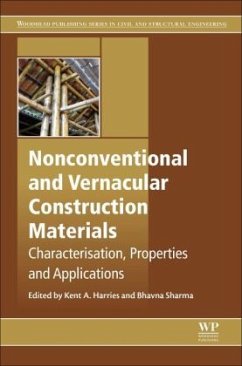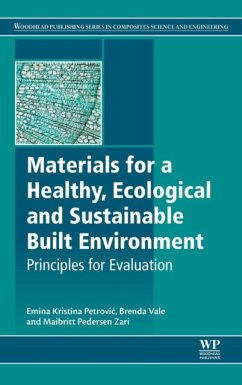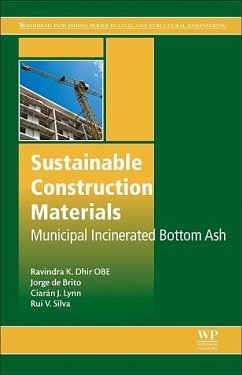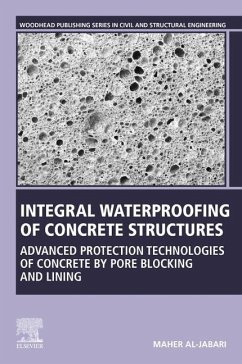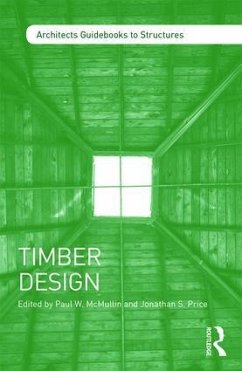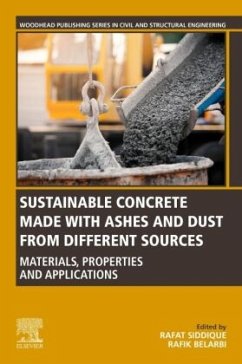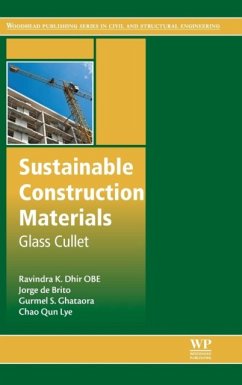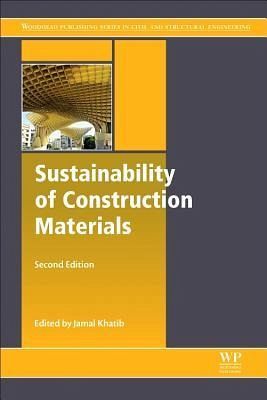
Sustainability of Construction Materials

PAYBACK Punkte
97 °P sammeln!
Sustainability of Construction Materials, Second Edition, explores an increasingly important aspect of construction. In recent years, serious consideration has been given to environmental and societal issues in the manufacturing, use, disposal, and recycling of construction materials.This book provides comprehensive and detailed analysis of the sustainability issues associated with these materials, mainly in relation to the constituent materials, processing, recycling, and lifecycle environmental impacts.The contents of each chapter reflect the individual aspects of the material that affect su...
Sustainability of Construction Materials, Second Edition, explores an increasingly important aspect of construction. In recent years, serious consideration has been given to environmental and societal issues in the manufacturing, use, disposal, and recycling of construction materials.
This book provides comprehensive and detailed analysis of the sustainability issues associated with these materials, mainly in relation to the constituent materials, processing, recycling, and lifecycle environmental impacts.
The contents of each chapter reflect the individual aspects of the material that affect sustainability, such as the preservation and repair of timber, the use of cement replacements in concrete, the prevention and control of metal corrosion and the crucial role of adhesives in wood products.
This book provides comprehensive and detailed analysis of the sustainability issues associated with these materials, mainly in relation to the constituent materials, processing, recycling, and lifecycle environmental impacts.
The contents of each chapter reflect the individual aspects of the material that affect sustainability, such as the preservation and repair of timber, the use of cement replacements in concrete, the prevention and control of metal corrosion and the crucial role of adhesives in wood products.




